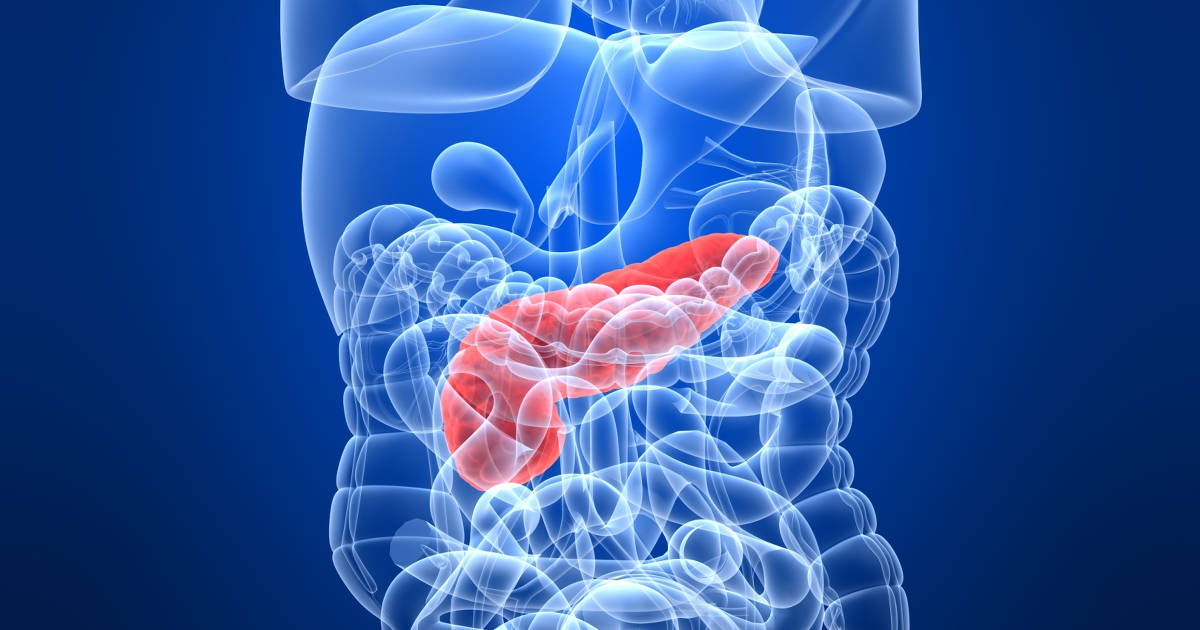What Conditions Cause Constant Burping?
Pancreatic Insufficiency

Exocrine pancreatic insufficiency is associated with digestive problems, and it occurs when the pancreas does not make sufficient levels of certain enzymes needed to break down food. Patients with this condition are unable to fully digest fats, proteins, and carbohydrates, and they typically experience abdominal pain, bloating, diarrhea, and weight loss. Some patients tend to feel full after eating very small amounts. To diagnose exocrine pancreatic insufficiency, doctors will perform blood tests to check the patient's pancreatic enzyme levels. The patient might need to have fecal tests to look for fat in the stool, and MRI scans are helpful in detecting pancreatic inflammation. Pancreatic enzyme replacement therapy is usually the first line of treatment for affected individuals, and patients take this in tablet form before every meal or snack. Nutritionists work closely with patients to develop a meal plan that includes sufficient intake of fat, protein, and carbohydrate, and many will also need to take vitamin and mineral supplements. In particular, patients with pancreatic insufficiency need to take vitamin supplements for fat-soluble vitamins such as vitamins A, D, and K.
Learn more about the various causes linked to constant burping now.